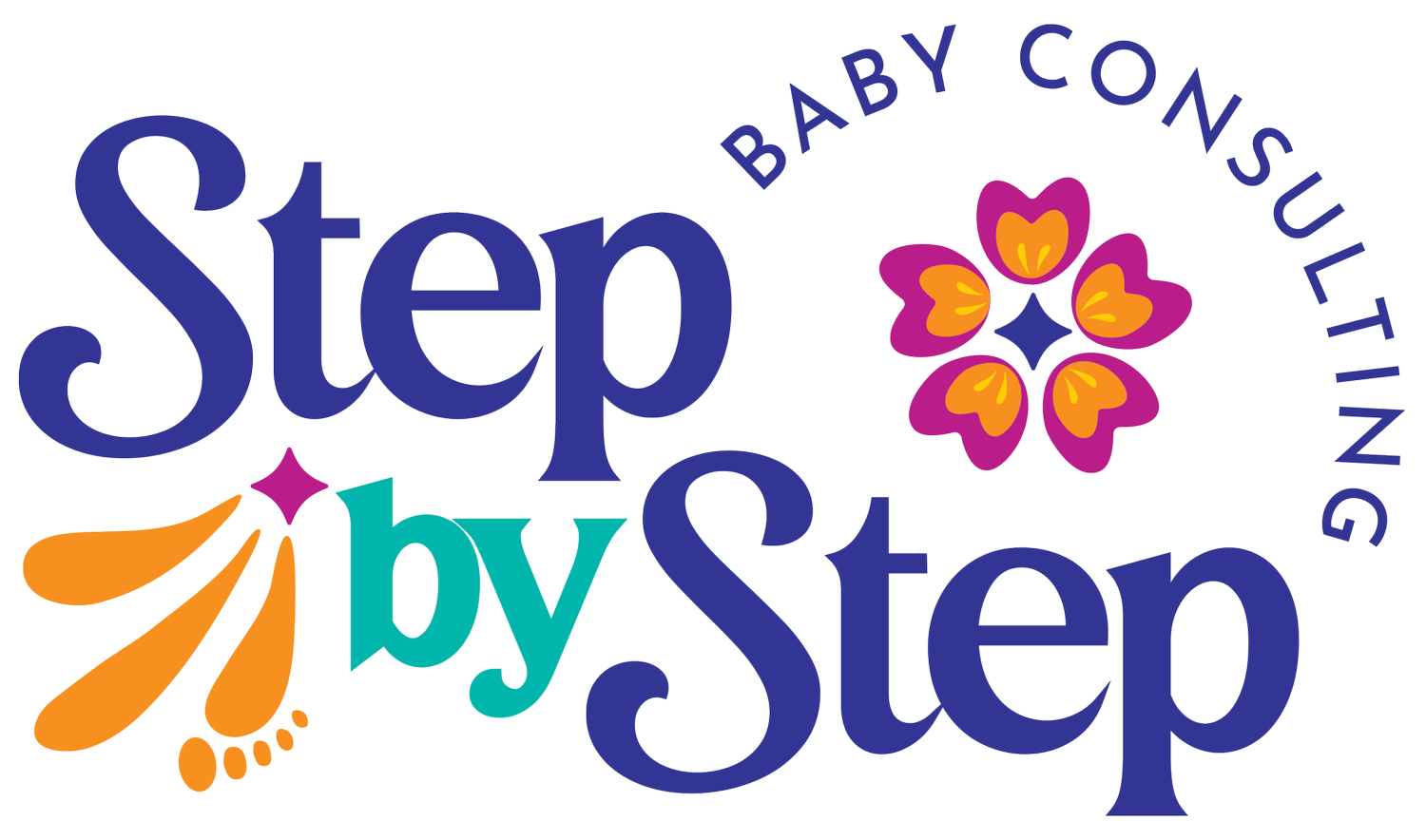My Reflections: Motherhood, Sleep, and Mental Health
As I embarked on the journey of motherhood, I was filled with confidence and anticipation. I had 17 years of auntie duties, had been around children my whole life, and I was going to have my mom by my side . . . I had it all figured out, right?!
But amidst the joy of expecting a new life, when I was 7 months pregnant I found myself grappling with the challenge of suddenly losing my mom. What happened next was what I now realize I did for survival, I froze in time. I stopped doing things I enjoyed (dropped out of my prenatal yoga class) and I didn’t move forward with any of the 3rd trimester plans (taking a birthing class and having a maternity shoot), instead I isolated myself and over-nested at home alone with my pain.
During my son's birth, I was so disconnected from my body and from what was happening, that like many first time moms I blindly trusted my providers. When I realized my providers were not listening to me, I didn't have the strength or mental capacity to advocate for myself. Steadily I gave up my autonomy and power. The lack of a supportive provider, along with my mental state led to a hard, long and traumatic birth.
Upon arriving home with my son, I was immediately hit with postpartum anxiety (PPA). At the time I thought every new mom felt the same way, but looking back I can clearly see how the anxiety of not knowing if he would suddenly stop breathing and leave me, just like my mom did, lead me down the silent path of insomnia. During his infancy, we both endured 8 sleepless months, I say both because neither one of us was sleeping, how could we? I was filled with the thought of losing him, which would wake me every 2 hours and soon my worries and anxiety filled him, he would also wake every 1.5-2 hours. The lack of sleep had such a profound impact on my mental health, that I developed postpartum depression (PPD).
In this personal reflection, I invite you to join me as I navigate the intricate terrain of Perinatal Mood and Anxiety Disorders (PMADs) and discover the transformative power of having a support system and prioritizing sleep in the journey to maternal self-care.
The Reality of Perinatal Mood and Anxiety Disorders:
My journey into motherhood was not the idyllic picture painted by society. Instead, it was a rollercoaster of emotions, marked by moments of profound joy and overwhelming grief. As I navigated my pregnancy and postpartum period, I found myself confronting the harsh reality of PMADs. The weight of my prenatal depression, postpartum anxiety and postpartum depression hung heavy on my shoulders.
The Impact of Sleep Deprivation:
Amidst the chaos of caring for a newborn, while living with the grief from losing my mom and from having a traumatic birth, sleep became a precious and elusive commodity. Nights blurred into days as I stumbled through a haze of exhaustion, my body yearned for rest that was out of reach. But as time went on, I began to realize the toll sleep deprivation was taking on my mental health.
Hormonal Imbalance: The hormonal upheaval of pregnancy and postpartum, combined with chronic sleep deprivation, sent my emotions spiraling out of control. Anxiety gnawed at my insides, while waves of sadness threatened to engulf me at any moment. The simplest outings felt insurmountable, and I found myself avoiding them all together.
Cognitive Impairment: Sleep deprivation robbed me of clarity and coherence, leaving my mind foggy and fragmented. Simple decisions felt enormous and the constant racing thoughts left me feeling overwhelmed. I longed for a moment of clarity amidst the chaos that consumed me.
Heightened Stress Response: With each passing day, the weight of my responsibilities grew heavier, and the burden of motherhood felt increasingly insurmountable. Sleep deprivation amplified my body's stress response, leaving me perpetually on edge. Every cry from my son sent my heart racing, a constant reminder of my inadequacy as a mother.
Disrupted Sleep Architecture: The nights stretched on endlessly, punctuated by the cries of my son and the relentless tug of insomnia. Even when sleep finally claimed me, it was fragmented and fleeting. I awoke each morning feeling more exhausted than the night before, trapped in a cycle of fatigue and frustration.
Finding Light in the Darkness:
But amidst the darkness that threatened to consume me, I discovered a glimmer of hope. Through the guidance of my compassionate primary care provider, I seeked the help of a pediatric sleep consultant. Together we worked on improving my son's schedule and sleep, which freed up my time so that I could prioritize myself and reclaim control of my mental health. I embraced sleep hygiene practices, which allowed me to carve out moments of tranquility while my son peacefully slept.
Around his first birthday, my insomnia came again and took over my life. I was forced to realize that I hadn't processed my mom’s passing or my traumatic birth. I continued with therapy, took a doula course, joined a traumatic birth support group and finally opened up to myself and family about my struggles. And with each passing day, I felt the weight of despair slowly lifting, replaced by a newfound sense of resilience and hope.
The journey through PMADs is filled with challenges, but it is also a testament to the transformative power of resilience and self-care. By acknowledging the profound impact of sharing our experiences, we can teach expecting mothers the importance behind supportive medical providers and a good support system. So that they can feel empowered to take the steps needed to feel supported and educated, as they embark on their journey into motherhood.


